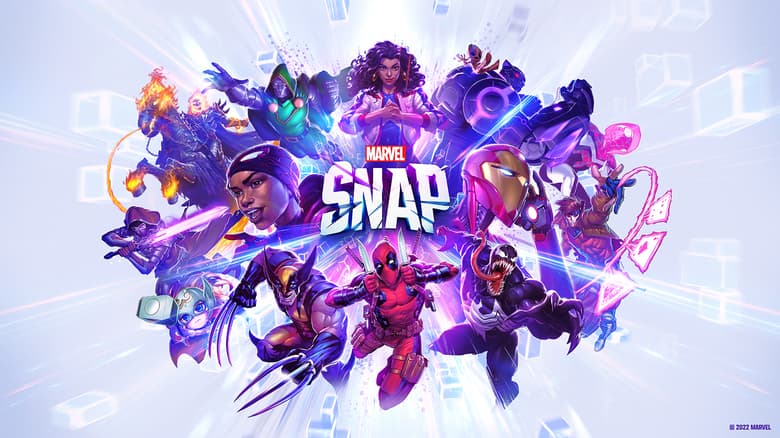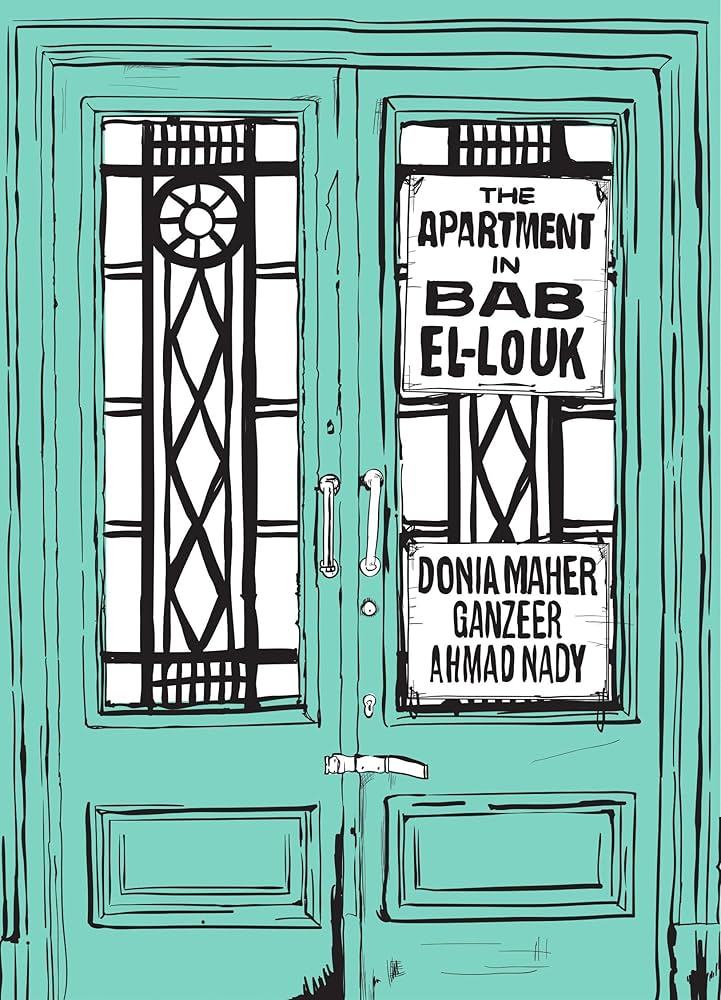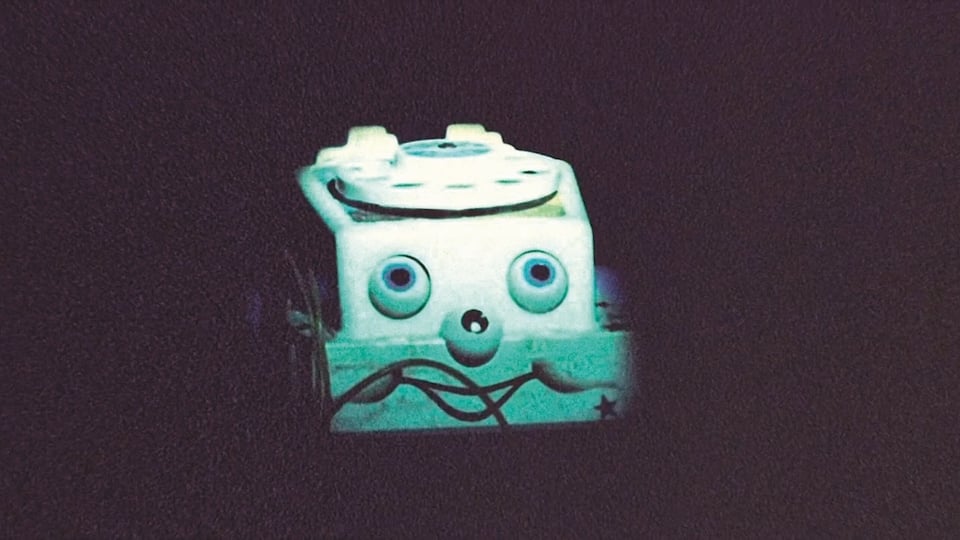Expedition 20
The Bathysphere
Hello and welcome to the 20th expedition of The Bathysphere. There’s no essay this week due to some technical issues, but instead we have a list of recommendations from veteran game developer Tom Betts, aka Nullpointer. Thank you Tom for stepping aboard and bailing us out! (Not literally – the Bathysphere is perfectly watertight.) Elsewhere, Christian writes about Marvel Snap, Florence recommends two excellent books and Keith discovers the Nintendo AVS console. “What’s that?” you may ask. You shall have to clamber aboard and find out.
As ever, please consider taking out a paid subscription to the Bathysphere, which opens up extra content every week. This complex craft is rather costly to maintain and your support is greatly appreciated.
The Bathysphere crew
Christian Donlan
Florence Smith Nicholls
Keith Stuart
Contact us at bathyspherecrew@gmail.com
Delightful games

Marvel Snap is steadily becoming one of my favourite games of all time, because it’s a laboratory of the weird sorts of things that can happen in card games. My latest fascination is playing decks that include both Captain Marvel - who will move at the end of the match to win if she can - and Martyr - who will move at the end of the match to lose if they can.
I’ve realised that I need a relatively complex scenario to see this in action. I figure if I can end a match in a position where I’m losing but Captain Marvel may trigger a win, I will then see Martyr kick in afterwards and snatch defeat from the jaws of victory. That’s the idea anyway. Srsly. What a game. CD
The novelist Sarah Maria Griffin just reviewed Tiny Bookshop for The Guardian and her writing on the game made me instantly download it. It’s a familiar cosy retail simulation where you’re selling books to a small community of troubled locals, but it’s nice that the books are real, so you can recommend titles to your customers that you’ve actually read. It’s so rare that extrinsic real-world knowledge provides a tactical boost in video games. KS
Interesting things

I can’t remember where I heard about The Apartment in Bab El-Louk, but I’m glad I did hear about it because I’ve owned a copy for about a year now and I’ve read it three times. It’s a quasi-graphic novel about an apartment building in Cairo, and almost anything more is a spoiler.
Okay, one more thing: it’s a wonderful study in what it’s like to live in close quarters with a person without understanding them at all.
It’s the work of Donia Maher, Ganzeer and Ahmad Nady, and my copy was translated by Elisabeth Jaquette.
One more one more thing: I love the absolute absence of any kind of care or interest in terms of fitting this book’s form into any existing tradition. CD
This week I want to recommend two open access books about games studies. The first, The Rule Book: The Building Blocks of Games, delves into rules across different types of play, both in analogue and digital games. I’m particularly interested in the section on the “material rules” of play, for example “pickup sticks requires gravity.” It’s often the things that we take for granted that require more attention, too. FSN
The second book on the list is Historiographies of Game Studies: What It Has Been, What It Could Be, a fantastic primer on the history and politics of the field. The anthology includes chapters on intersectional games studies, archiving play and a Czechoslovak pioneer in the field. FSN
Guest recommendations: Tom Betts, Nullpointer Games

Tom Betts, aka Nullpointer, is an artist, academic and coder with a PhD exploring “the digital sublime in videogames”. He has worked on titles such as Sir You Are Being Hunted, Into the Pit and most recently, occult card-crafting RPG The Horror at Highrook.
A non-fiction book
A Thousand Plateaus by Gilles Deleuze and Félix Guattari.
Maybe it's pretentious, but I love how emo and lyrical this collection is. It reads like a call to arms, but in an almost ballardian way. It is currently propping up one of my monitors though, so maybe that's why I picked it.
A novel
I'll say Hothouse by Brian Aldiss – a great example of 60s psychedelic sci-fi. The various segments (I think collected from short stories) don't always fit together and there's not much character progression, but it presents a string of amazing locations and ecosystems unlike anything else I've read.
A magazine/zine
I have fond memories of Dagon. It was a 1980s Lovecraft-themed zine – I remember reading Thomas Ligotti in there and I think it included various RPG scenarios that I tried to persuade friends to play with me as a moody teen.